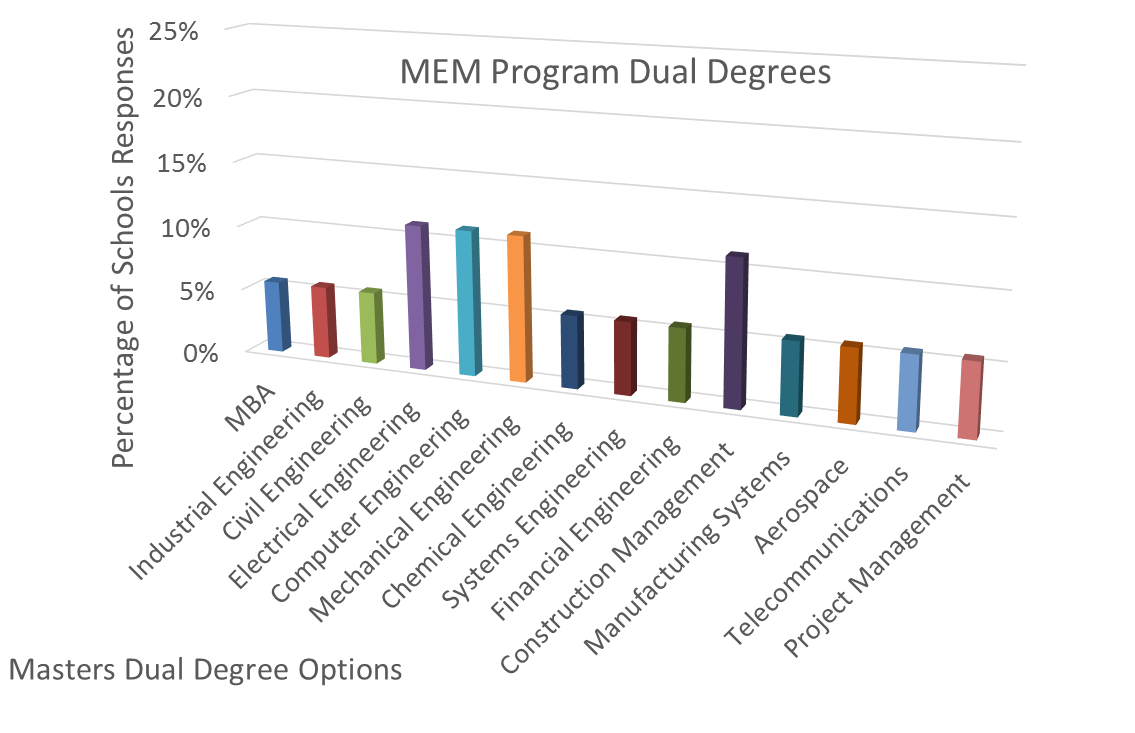
Numerous engineering schools now offer entrepreneurship courses. Besterfield–Sacre and co-workers conducted a preliminary analysis of programs at American engineering schools and found that the major differences were in the number of offerings, Carnegie Classification, physical spaces, and prototyping areas. This study suggests that engineering schools create entrepreneurship programs in collaboration with industry partners. Entrepreneurship programs can help students develop new business ideas.
Innovation Orientation
Engineering teams should have an innovation orientation. This is because it helps identify areas within the organization that could benefit from new approaches. Innovation orientation is influenced greatly by the success of new initiatives. NGDO's project performance favors this. However, previous studies have indicated that this relationship may not be direct but is mediated through other variables. The current study investigates how new projects can impact innovation orientation. This article provides a theoretical framework as well as a practical guide for improving the innovation orientation of engineering teams.

Entrepreneurship Activities
Different entrepreneurial goals can be pursued by men and women. This study investigated the role of several factors in determining entrepreneurial motivation in women and men engineering students. Particularly, we looked at whether being involved in entrepreneurship activities or going to a research university is a positive indicator that entrepreneurial intent. Also, we examined whether students from different social groups are more likely to be entrepreneurial. The relationship between these variables revealed that the more entrepreneurial intentions students have, the more likely they are to pursue their entrepreneurial ambitions.
Gender
The relationship between gender and entrepreneurship in engineering is complex. It could be due to a low number of women working in STEM fields, a low rate of women graduating from STEM degrees, or any combination of these factors. But, evidence suggests these factors are interrelated. Intention to start your own business is positively correlated with gender, for example. These two factors have significant differences. Important to remember that interaction terms between genders and entrepreneurship can be misleading. The study authors did find that the interaction terms between intent and gender was significant in both engineering, and business.
Discipline
Entrepreneurial Engineering is the application of business thinking to technical problems. Engineers are known for their intelligence and precision. Engineers value precision and detail, and are more interested in finding solutions than the creative process. They often ignore the value of soft skills and resist change. This article will talk about the characteristics of an entrepreneur engineer and how these traits can be applied to business success. We'll also be discussing the various ways to identify entrepreneurial potential and how you can apply them in a business.
Persistence in completing all tasks
There are many factors that can affect the persistence of engineering students. One factor that can influence persistence in engineering is student interest. Engineers are often seen as male-dominated fields, which may explain the low self-recognition among female engineers. In this study, researchers used measures of interest, socioeconomic status, engineering major, and engineering performance to examine the influence of these variables on persistence.

Entrepreneurial Intent
The relationship between individual and contextual factors that predict entrepreneurial intent is unclear. This research examines entrepreneurial intention in business students and engineering students. The presence of entrepreneurial activity in the social contexts of engineering students was a strong predictor of future entrepreneurial intent. Further, we find that entrepreneurial activities are related to gender and engineering discipline. These differences could be explained by the small number of engineering students. Thus, our study offers important recommendations for educating aspiring engineers to become successful entrepreneurs.
FAQ
How much do engineers earn an hour?
These figures can vary from one person to another and from company to company. An average salary for a entry-level software engineer is about $60,000 per year. This number goes up to over $100,000 after you have worked for a few years.
What are civil engineers doing?
Civil engineering is the creation and construction of structures like roads, bridges or buildings, dams or tunnels, as well as other large-scale projects. It includes all aspects, such as foundations, geotechnics. hydraulics. soils. Environmental impact assessment. Safety analysis. Traffic management. Civil engineers make sure that the project achieves its goals while remaining cost-effective and sustainable. They must make sure that the structure lasts.
They also help plan and implement public works programs. They may oversee, for example, the design and construction of roads, bridges or tunnels.
Do I need special qualifications to study engineering?
No. Good grades in your GCSEs or equivalent are all that is required. Some universities will require applicants to demonstrate certain academic achievement in order to be eligible for enrollment. Cambridge University for instance requires applicants to have A*-C in Maths, English Language, Science, and Maths.
These requirements are not met, so you may need to take additional courses to prepare you for university entrance exams.
Additional maths/science subjects or a language course might be required. You can learn more about these options by contacting your school guidance counselors.
Do I need a degree for engineering?
An engineering degree does not necessarily require a bachelor's. Many employers prefer applicants with degrees. Even if your degree is not yet earned, you can still take online classes to earn it.
Is engineering a rewarding career?
Engineering is an exciting career where you can learn new things and keep improving your skills. There are many opportunities to make an impact in people's daily lives. There are many ways you can do this.
You could design products such as cars, planes, trains, computers, mobile phones, etc. You might also develop software or assist in building these devices. Maybe you are interested in designing medical equipment. There are many possibilities.
In addition to all this, engineers also enjoy working with other people, helping others solve problems, and coming up with solutions. They are always looking for new challenges and opportunities to learn.
So yes, engineering is a great career choice, but it does involve hard work and dedication. Engineering is not about sitting down and watching TV all day. To achieve the desired outcomes, you will have to put in lots of effort. But the rewards are well-worth it.
What does a Chemical Engineer do, and what are their responsibilities?
Chemical engineers combine science, math, engineering, technology, business skills, and science to create chemical processes, products and equipment.
Chemical engineers have the ability to specialize in areas such a petroleum refining, pharmaceuticals or food processing.
They collaborate closely with scientists and researchers to solve technical problems.
Statistics
- 8% Civil engineers solve infrastructure problems. (snhu.edu)
- 14% of Industrial engineers design systems that combine workers, machines, and more to create a product or service to eliminate wastefulness in production processes, according to BLS efficiently. (snhu.edu)
External Links
How To
Which type should you study in engineering?
Engineering is an exciting career choice for anyone interested in technology. There are many types and levels of engineers. Each type has its own set skills and responsibilities. Some specialize in mechanical designs, while others concentrate on electrical systems.
Some engineers work directly with clients, designing buildings or bridges. Others may spend most of their time working behind the scenes, developing computer programs or analyzing data.
Whatever your choice of engineering career, you'll be able to use scientific principles and solve real-world challenges.
Students learn valuable communication and business skills in addition to technical skills. Engineers often collaborate with other professionals such as architects, accountants, managers, lawyers and marketers to create innovative products and services.
As a student, you'll explore topics including mathematics, science, chemistry, physics, and biology. Additionally, you will learn to communicate effectively orally as well as in writing.
Engineers have many advancement opportunities, regardless of whether they work for a large firm or a small company. Many people get jobs as soon as they graduate. However, there are many options available to those looking for further education.
You could earn a bachelor's degree in engineering, giving you a solid foundation for future employment. Or you might pursue a master's degree, providing additional training in specialized areas.
A doctorate program allows you to delve deeper into a particular field. The usual time it takes to complete a Ph.D.